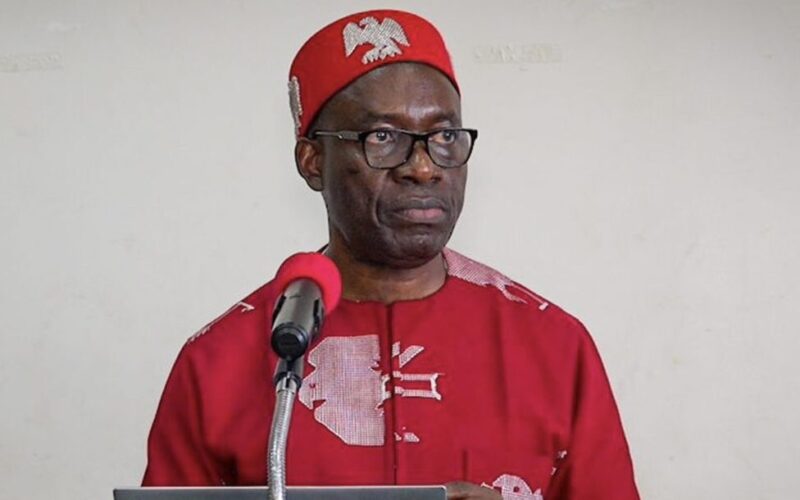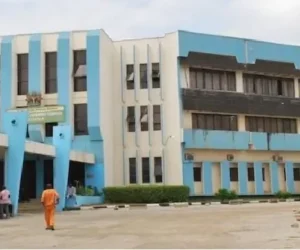The Anambra State Government has banned the writing of assignments by students in textbooks, describing the practice as wasteful and unsustainable.
The Commissioner for Education, Ngozi Chuma-Udeh, issued the directive to schools on Friday in Awka, during a workshop organised for private school proprietors and teachers in the state.
Ms Chuma-Udeh, a professor, said the decision to ban the practice was intended to make textbooks reusable, especially for younger siblings of students, who would need them when they advance to the next class.
She emphasised the importance of textbooks being inclusive, reflecting diversity, promoting equality and addressing the needs of all learners.
“The government will not tolerate non-compliance with the directive. I urge parents, teachers and school administrators to ensure strict adherence.
“Stakeholders should report cases of default to the Ministry of Education.
“The initiative is part of Governor Charles Soludo’s administration’s strategy to ease financial pressure on families, while promoting quality and sustainable education,” the commissioner said.
Apprehension as new academic session begins soon
Mandatory new textbooks and uniforms for a new academic session in secondary schools are common among many private schools in Nigeria, not only in Anambra.
As the new academic session begins in September, many parents and guardians in Nigeria are apprehensive about the financial burden of sending their children and wards back to school.
Mmek-Abasi Akpabio, a resident of the Federal Capital Territory, Abuja, in a Facebook post on Saturday, questioned why private schools in Nigeria would always force new books, new uniforms for new sessions on parents even if the child’s elder sibling just passed the same class of his junior only the previous session with the same books, wasting at home.
“In my years as a child, it was always fun with so much allure for the younger one to inherit things, including clothing from the elder sibling. Such a gesture, even then, had probably helped in further fostering a sense of respect in the child towards his seniors, apart from the attendant benefits to the parents,” Mr Akpabio stated.
READ ALSO: Plateau inaugurates technical group to strengthen HIV prevention, maternal health
“However, today, modernity and excessive profiteering in our private schools’ system tend to be robbing society of such culture and its inherent social and economic benefits.
“Now, most private schools bill parents one bulk sum as ‘school fees’ at the beginning of the school year to cover uniforms and books, etc. And by the time the wares arrive at the home, the parents shockingly and annoyingly discover that several of the books, uniforms, etc. brought are a duplication of the barely spent ones used by their other ward, who only exited that same class two months earlier.
“This system, or call it culture, is patently wasteful and significantly burdensome to many parents, some of whom only struggle to pay for the education of their children,” he said.
(NAN)











